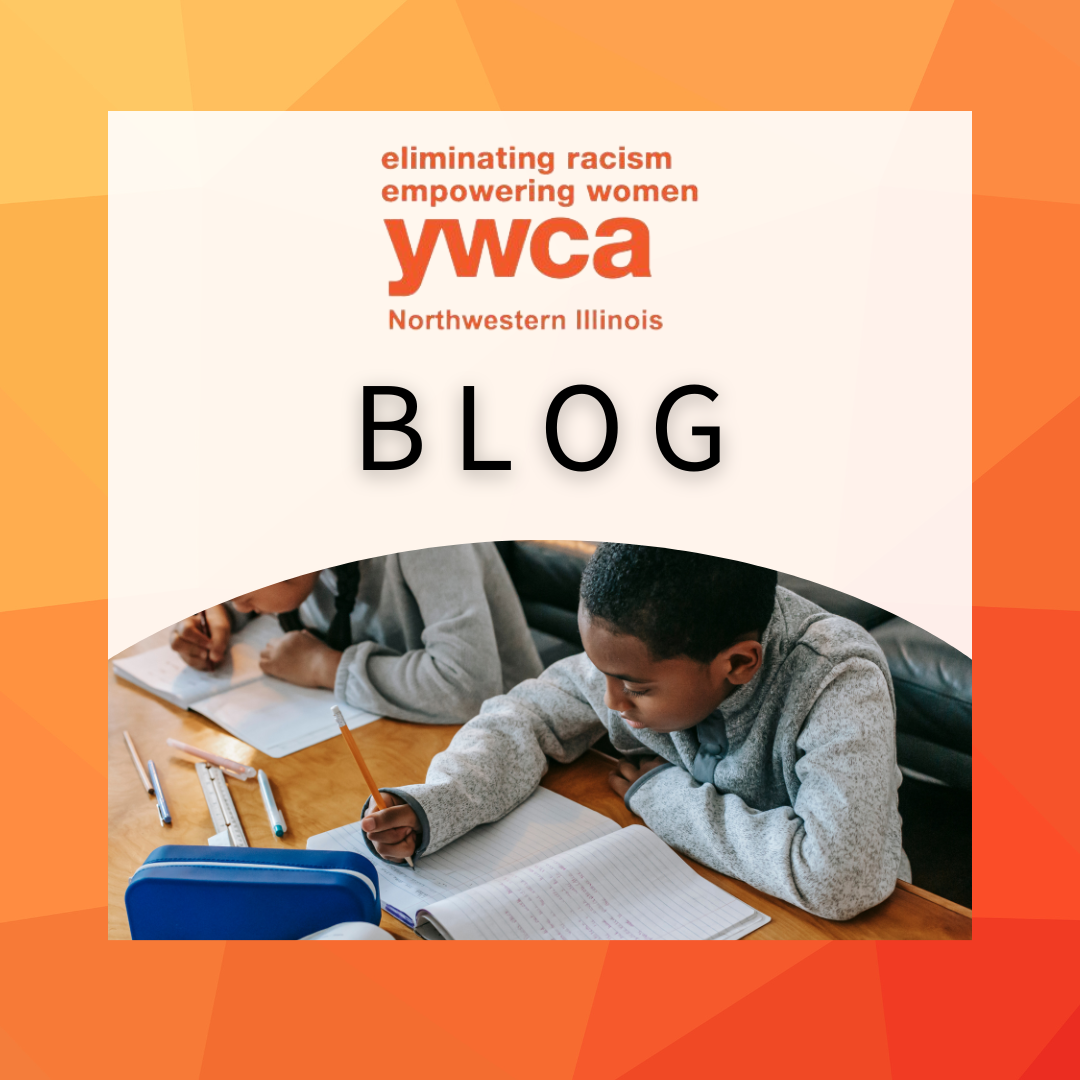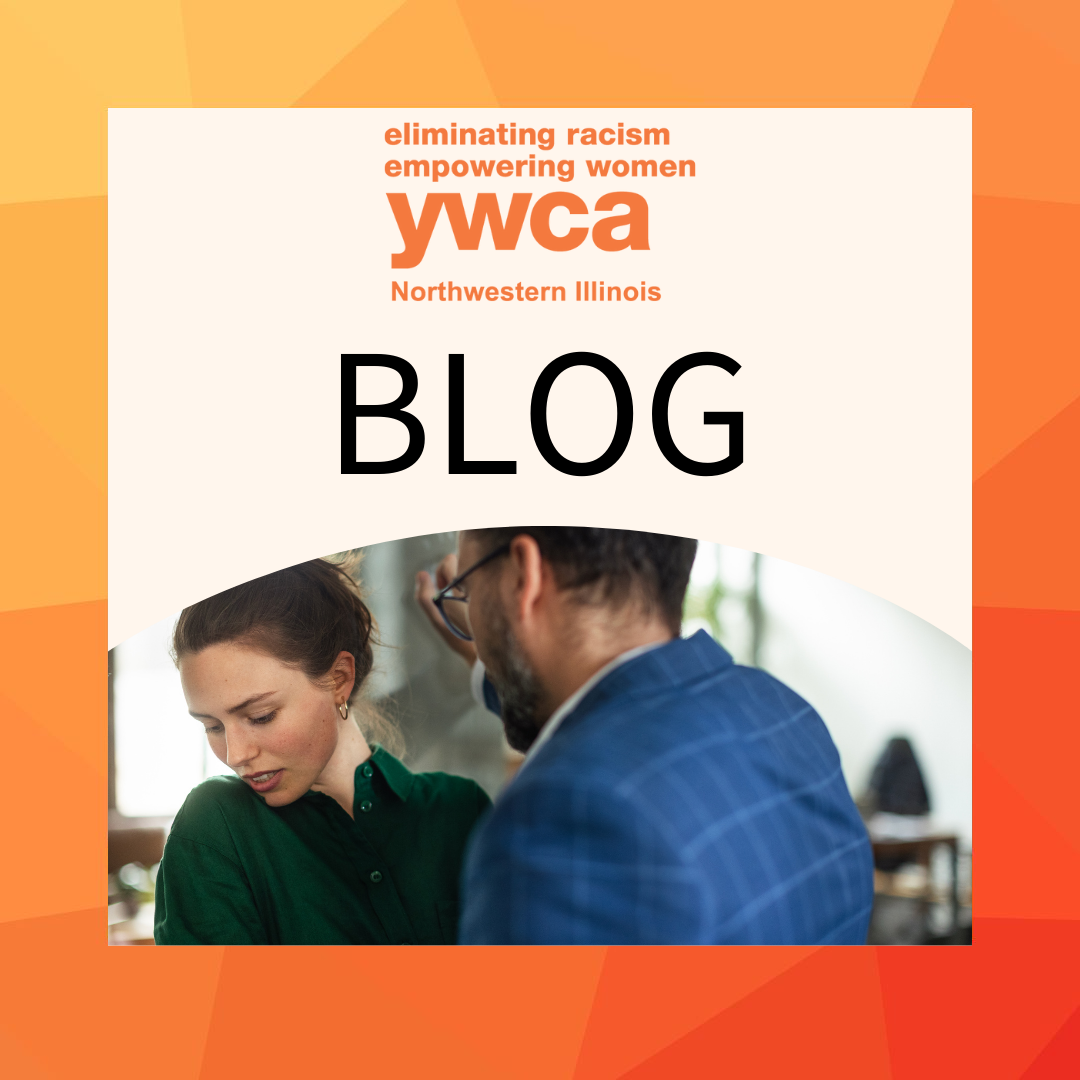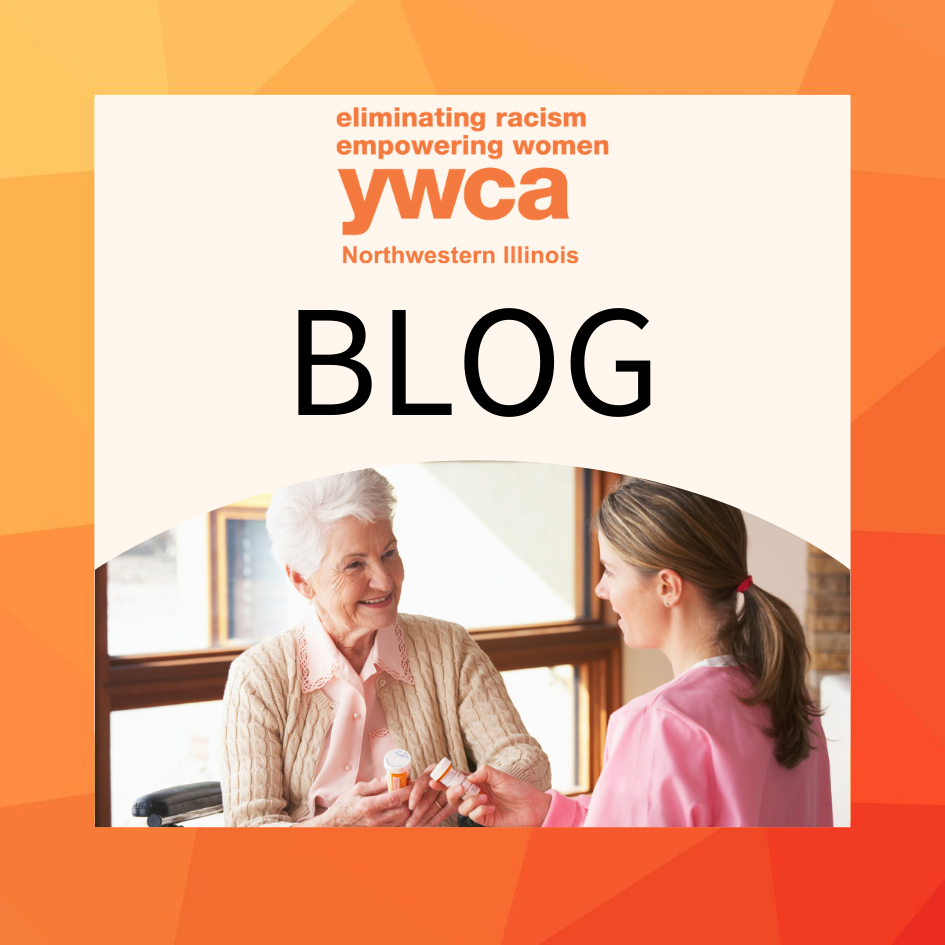When we think of literacy, we often think of learning to read as a child. We remember being taught our ABC’s, taking spelling tests, and learning rhymes to help us remember things. Not only does the term “literacy” stretch far beyond the scope of simply reading, the fact is that many people are not given the opportunity or the tools they need to become literate.
People with physical and/or learning disabilities are often not properly accommodated in school. This could be a failing on the school’s part, or due to the fact that the person has not been diagnosed and therefore does not know they need special help to succeed. In either scenario, the person is expected to perform at the same level as those around them, and when they cannot, they are sometimes labeled as “difficult”, or even worse, “stupid”.
The truth is that everyone has the ability to learn, but that learning is not a “one-size-fits-all” situation. Each individual comes from a different background with their own hardships that can affect the way they process information, and each person will respond positively or negatively to different stimuli and teaching methods. When we recognize these needs and tailor instruction accordingly, people are exponentially more likely to succeed.
We should also recognize that literacy does not only encompass the ability to read. The term “literacy” is also sometimes used to refer to numeracy, or the ability to use numbers, especially within the context of doing math. In recent years, literacy has also come to mean digital literacy, or the ability to engage with and use technology such as smartphones, computers, laptops, and tablets.
Literacy and numeracy skills have a direct impact on our likelihood to obtain and maintain gainful employment, but these skills can also have a profound effect on our self-esteem, independence, and confidence. Being able to understand the mail you receive, reading and responding to a text message, and calculating tax and tip at a restaurant are all examples of ways you use literacy and numeracy every day.
Without these skills, it’s easy to feel helpless. In our society, it’s often seen as a personal fault when someone does not have these skills, but as we know, not everyone is afforded the same learning opportunities. It is important to talk about and help break down the stigma around low literacy levels, as well as provide literacy services that can help people improve their skills.
August 29th through September 4th is Literacy & Numeracy Week. Originally created by the government of Australia, it is a chance for everyone worldwide to examine how words and numbers shape every facet of our lives, from social media communications to business dealings. It is an occasion to recognize the accomplishments of students, but also the hard work that teachers put in to teach students.
Here are some ways to celebrate Literacy & Numeracy Week:
Thank a teacher
Something as simple as saying “I appreciate you” can help teachers feel seen and remember how vital their role in society is.
Congratulate a student
Don’t forget to tell a student how worthwhile the journey of learning is, and remind them that they are doing great, no matter what that journey looks like for them.
Read a book
Revisit one of your favorite stories, or read something entirely new. Get friends and family involved and read together.
Write a story or a poem
Even if you’re not a novelist, writing can be a joyful way to express ideas and be creative. Search for a template or a writing prompt online if you’re not sure where to start.
Play a game
Games that engage our literacy and numeracy skills are as educational as they are fun. Try playing Scrabble, Bananagrams, or Monopoly, or doing puzzles like crosswords or Sudoku.
-Sarah Catalfu, Literacy Coordinator, YWCA Northwestern Illinois Literacy Council




